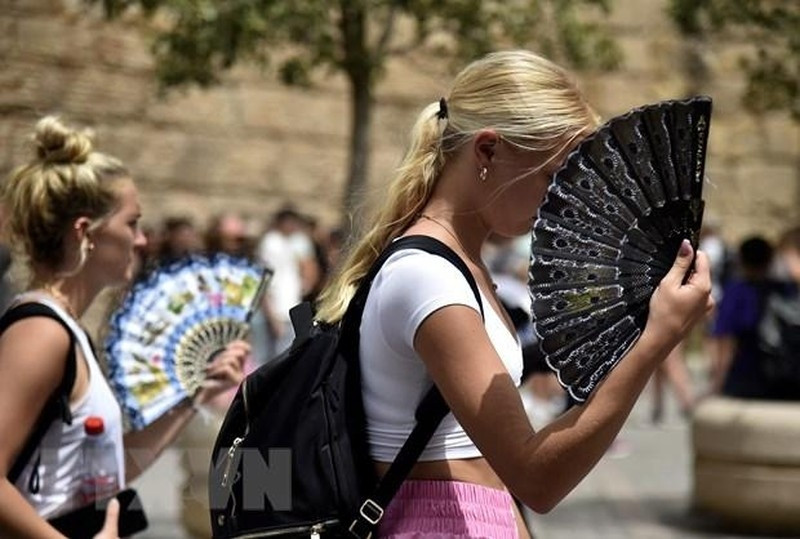After the impact of the COVID-19 pandemic, the conflict in Ukraine and the shutdown of French nuclear power plants, hot weather and drought are exacerbating the energy crisis in Europe. Drought combined with extreme heat has greatly affected the production of wind electricity, hydroelectricity, coal-fired and nuclear power.
France, which owns several nuclear power plants, has more than 50% of them being suspended due to the expiry of their useful life, is the worst affected country in Europe. The first visible effect of heat on electricity production is that nuclear power plants with cooling systems consume a lot of water. At the end of the production cycle, water is discharged into rivers near power plants, resulting in a rise in water temperature for the rivers that threaten to harm biodiversity. However, due to the pressure on the electricity supply, five French nuclear power plants are allowed to continue to discharge hot water into the environment until mid-September.
Earlier, the Electricity of France (EDF) announced that some power plants belonging to EDF located on the Rhône and Garonne rivers will produce less electricity due to the impact of the unusual heat wave. A serious consequence of the extreme climate in Europe is that hydroelectric plants are forced to reduce capacity due to the effects of drought while weak winds adversely affect wind power production. Experts say that a series of aforementioned factors have forced European countries to switch to using gas to ensure electricity supply, thereby pushing up energy prices.
In such a difficult situation, Germany, Europe’s leading economy and a leading energy consumer, is no exception with worries about supply shortages and rising energy prices. Facing that difficulty, Berlin was forced to apply the regulation to turn off lighting equipment at historical sites and public buildings to save energy. About 200 buildings and major structures, including Berlin’s City Hall, the German National Theatre and Charlottenburg Palace, will have their electrical appliances switched off in the evenings.
For visitors, turning off 1,400 spotlights in historic buildings and structures, even a force majeure decision, also makes the ancient capital of Berlin less attractive and charming in their eyes. Berlin’s environment official, Bettina Jarasch, explained, that now is not the time for the city to focus on appearance, but the important thing is that Berlin needs to use energy economically and efficiently. She also called on consumers, production facilities and also state agencies to respond to this effort, and appreciated the act of turning off lights at work and buildings, as the right and practical action.
The German government recently called on the entire population to save energy amid rising prices due to the impact of the crisis in Ukraine. Responding to this call, several German cities also announced that they would increase cuts in energy and gas use by reducing the use of air conditioning and encouraging people to use public transport.
In the context that Russian energy group Gazprom announced it will cut gas supply to 33 million cubic meters per day, half the amount that this group has provided since it resumed operation after a maintenance period, the head of Germany’s energy regulator Klaus Müller confirmed that the flow of gas from Russia to Germany has decreased from 40% to 20% of capacity since July 27, causing difficulties for production and life of the people. However, Müller applauded consumers and the industry for voluntarily reducing their energy demand, thereby allowing Germany to replenish its national reserves, which currently fill about 65% of its stores. The problem of energy supply and rising energy prices in Europe is unlikely to be solved soon.
















